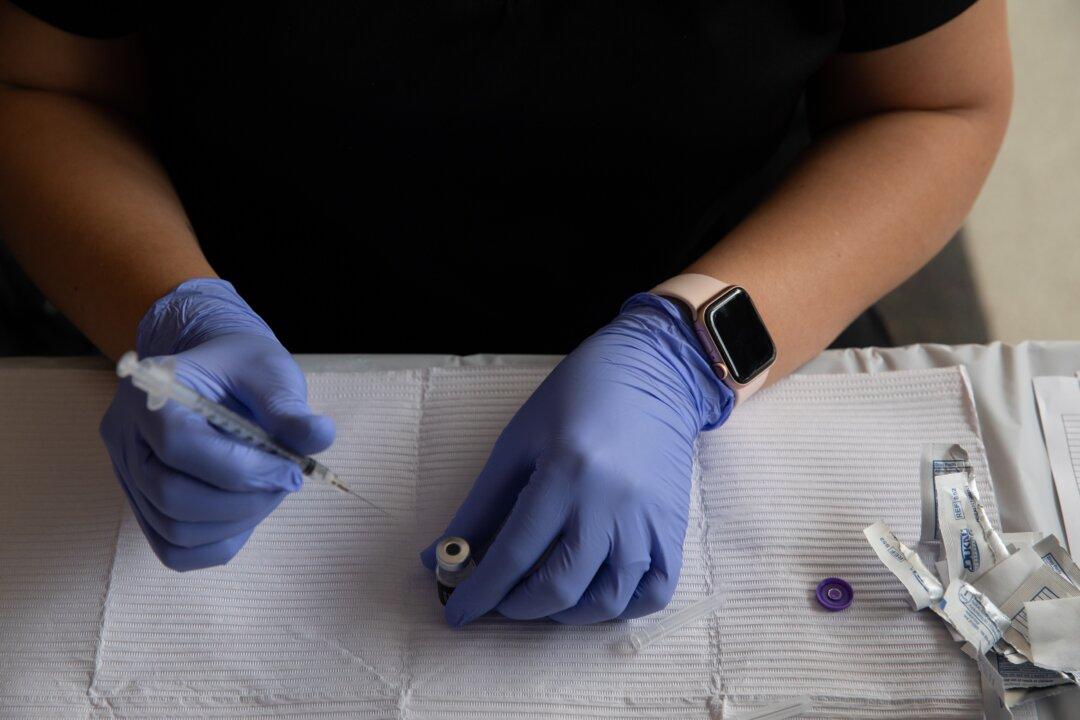People who received two or three doses of a messenger RNA COVID-19 vaccine were more likely to contract COVID-19 with symptoms, according to a new study.
Researchers found that vaccinated people had higher odds of experiencing symptomatic COVID-19 than the unvaccinated, even if they had received a booster shot on top of a primary series.





